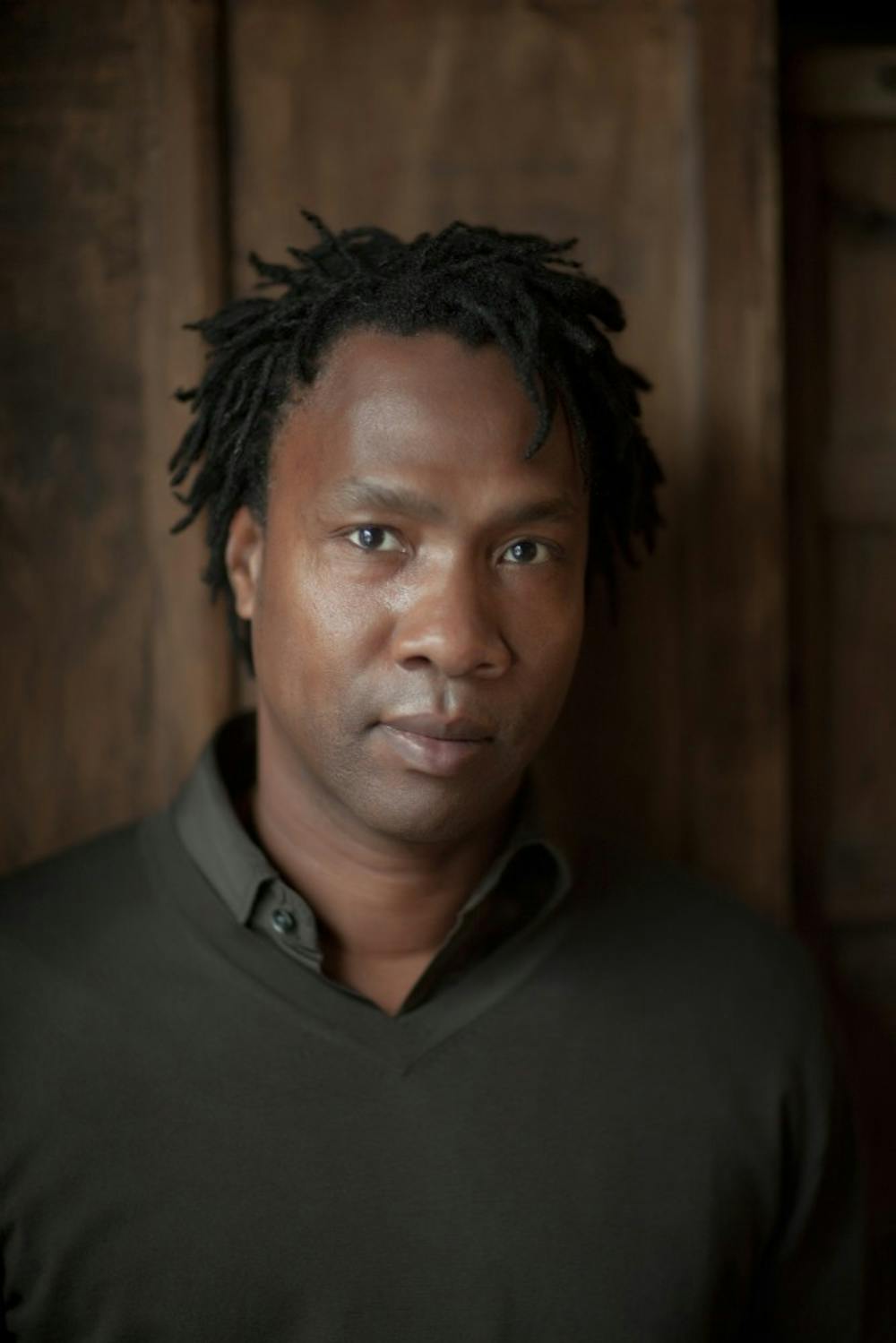Roger Ross Williams’ documentary “God Loves Uganda” is many things: a cautionary tale, an expose on the dangerous brew of corporate Catholicism and big business and a look inside some of the most influential political and moral forces inside Uganda. Williams’ film is like a true life “Elmer Gantry;” where itinerant evangelists trek to Uganda and seep into most facets of daily and political life.
The Eagle’s David Kahen-Kashi talks to Williams about his documentary and the making of the film.
David Kahen-Kashi: What was the initial interest in this subject of big churches in Africa and how did the film initially develop?
Roger Ross Williams: Well, I think the idea sort of started coming into my head when I was making “Music by Prudence” in Zimbabwe and I noticed the hold of a type of fundamentalist evangelical Christianity in sub-Saharan Africa. So I started thinking that I wanted to do something about religion in Africa. In Africa, religion is big business and then I started reading about what was going on in Uganda. I went to Uganda, for sort of a research trip, and the first person I met was David Kato. David came and met me at the hotel and we talked and said the story that really needed to be told was the story of what damage is being done by fundamentalist evangelicals in his country. I didn’t need any further encouragement, having grown up in the church, from a family of ministers, and growing up singing in the choir. As a gay man, I knew that religion had this sort of power to do good things, but also to destroy.
DK: How did you decide to focus on the missionaries and what was their initial reception to the filming?
RRW: They weren’t comfortable at first and Uganda is one of the top destinations of American missionaries, definitely in Africa, and maybe even the world and missionaries are everywhere. You get on the plane to Uganda and it’s filled with American missionaries. There’s a lot that are doing good work, doing great things, building schools, but some of them are just their version of the gospel. Of course, the International House of Prayer were very nervous and they hadn’t really let a documentary crew ever in their church, but they also were leery or what they call non-Christian media. But I said I’m not going to be a narrator, it’s going to be your own words if you stand by your beliefs. It was Mike Nichols who said all press was good press and the people who believe what they believe will come to them and the people who won’t they didn’t care about. It did take some convincing. It wasn’t easy.
DK: The film would almost seem like a satire if it wasn’t true. There’s a title card that mentions Martin Ssempa, who rails against LGBT and gay issues and splits his time between Uganda and Las Vegas, nicknamed “the City of Sin.” Are they aware of the irony?
RRW: The irony is just off the charts, even though it’s a tragic situation, I want people to go to this film and I want people to laugh and cry and I want to capture the irony of it all. The absurdity of the young missionaries bestowing knowledge on people three times their age and the absurdity of Martin Ssempa, who was on this show and was in this fight calling himself an anti-gay activist, and puts on this amazing show against homosexuality while collecting money in the U.S. and married to a white American missionary.
DK: Was there any point when you couldn’t believe what you were capturing on camera?
RRW: Yes, I think there were a lot of those moments. The moment I think I was pinching myself because I couldn’t believe it was happening was when we were in a village and the missionary kids were going door to door preaching the gospel and I felt at that moment like I was watching a movie. It not like it wasn’t real. You have the village perfect mud huts and it seemed like…I couldn’t believe it.
DK: Are the church missionaries aware that their philosophy they’re preaching is actually causing such negative impacts in Uganda?
RRW: I think that there are huge levels of denial. There’s just such a large level of denial especially for them it’s almost like a numbers game. It’s like they’re there to preach the gospel and convert and they don’t think at all about how that message is interpreted or they don’t try to understand the culture. I mean nothing. It’s just in there and it’s a numbers game. You threaten someone who has a very difficult life with eternal happiness or eternal damnation, if they don’t follow this rigid set of biblical laws that they’ve cited are the important ones. The bible says many things. I don’t think they realize. I think their leaders; people like Lou Engle.
I think they do know and they’re more the general. They kind of compare the kids to the kids who signed up to go off to Iraq to kill Osama Bin Laden. They believe that. They believe in spiritual warfare and they’re battling in the end times to clear the war for the second coming of Christ and their told this and they’re young and impressionable and they don’t know; but they’re the foot soldiers. They’re the ones doing the work on the ground.
“God Loves Uganda” is now playing in select theaters.
dkahen-kashi@theeagleonline.com





